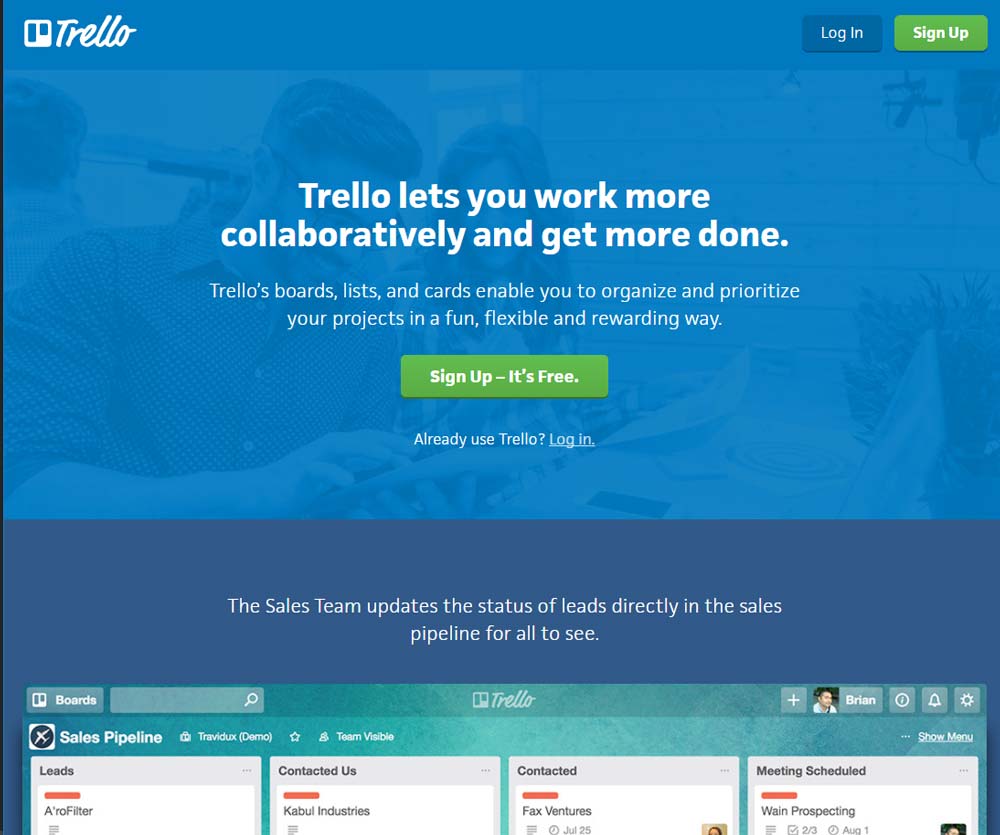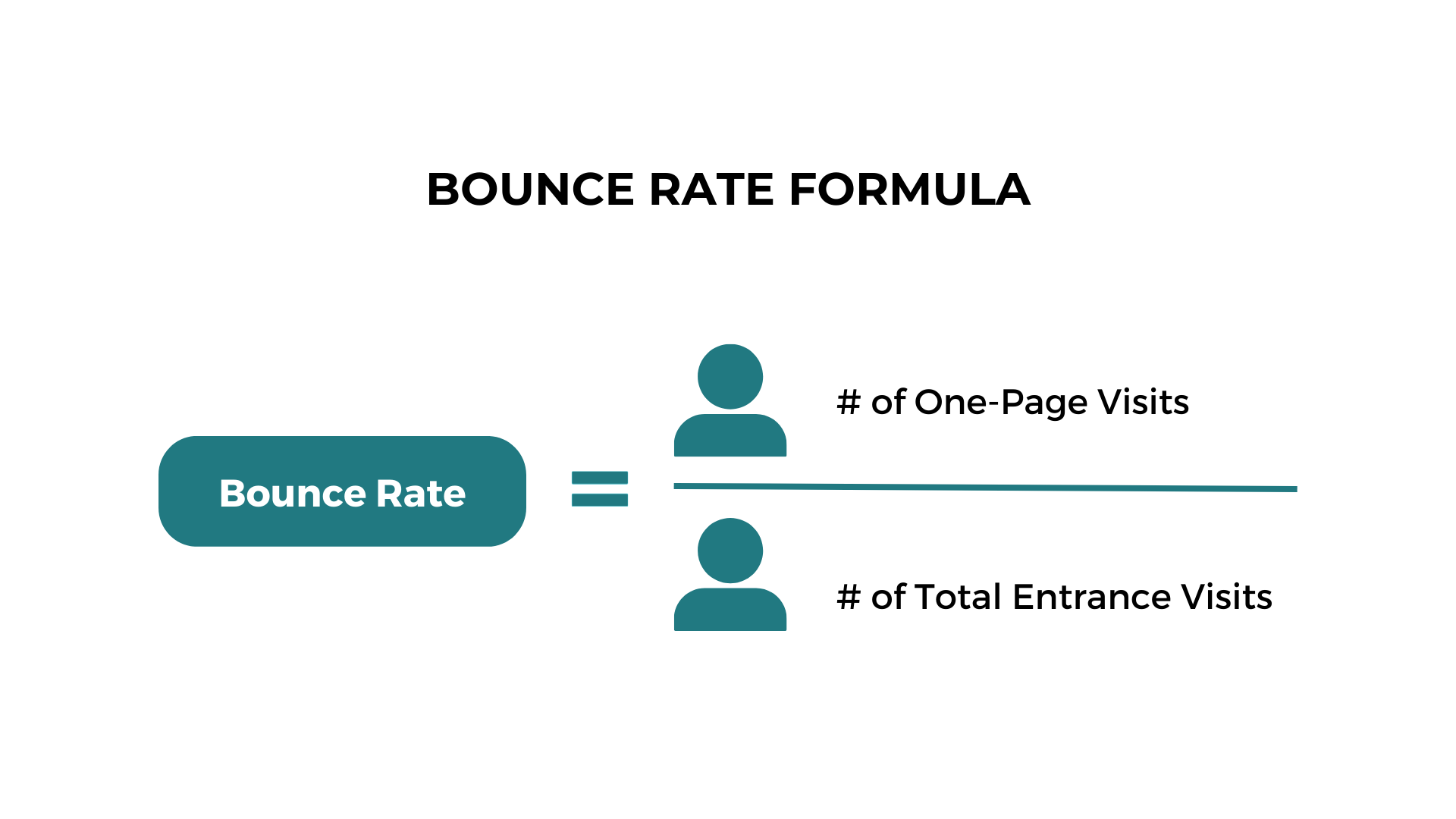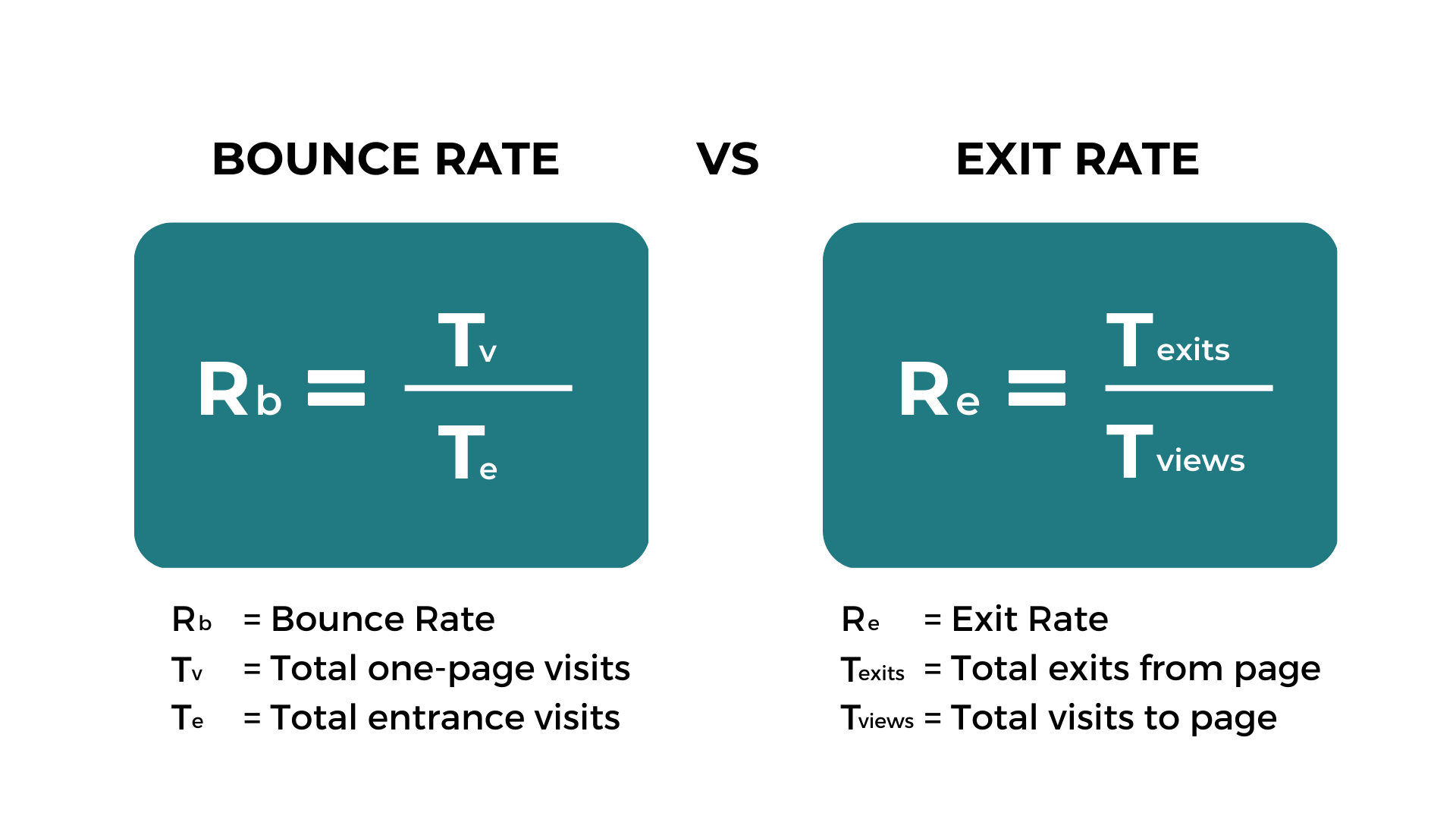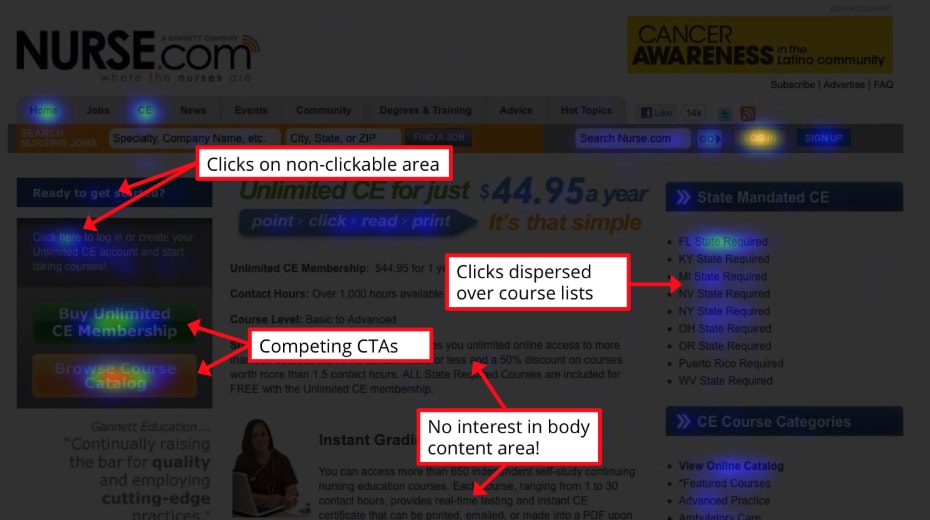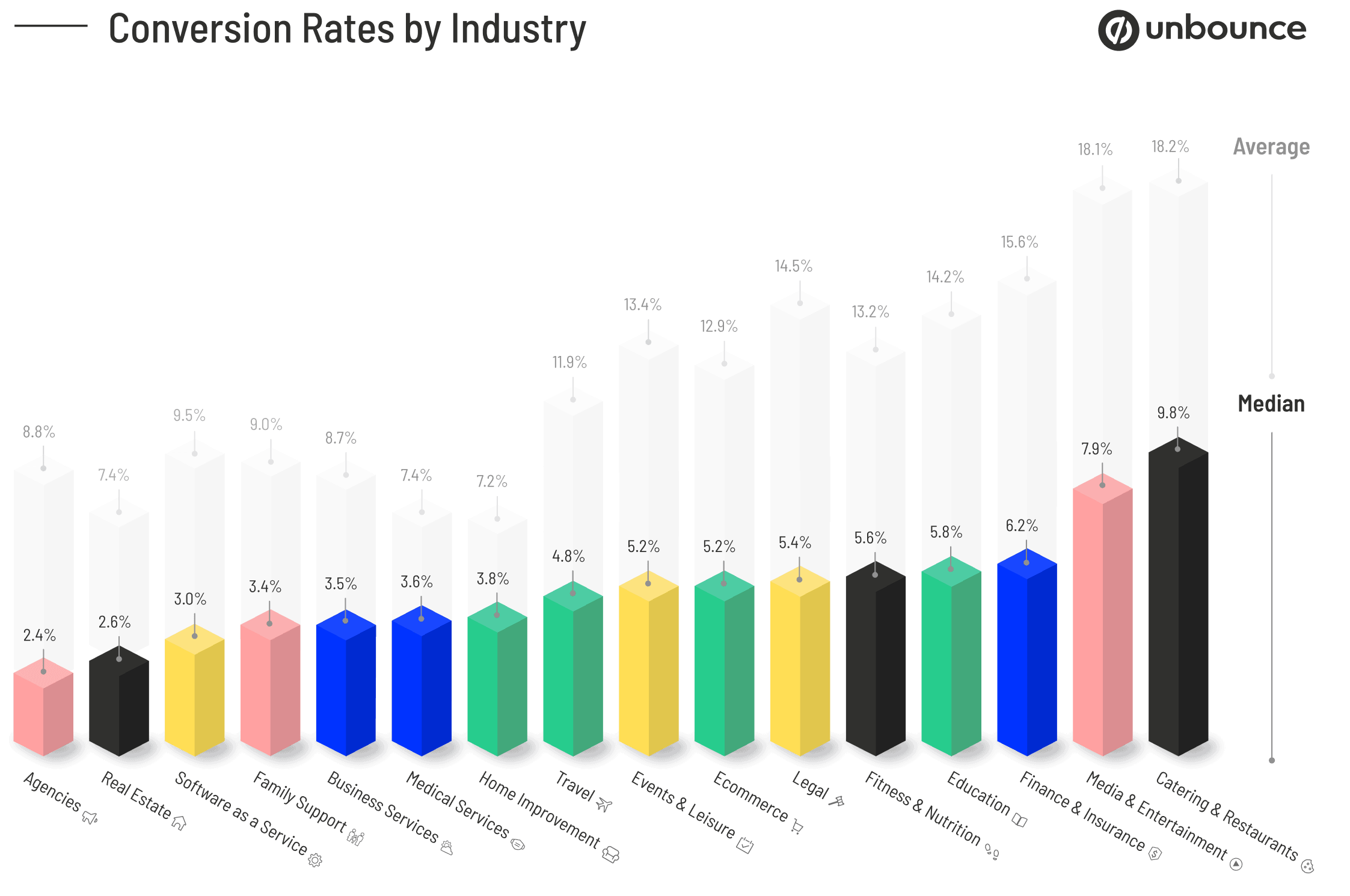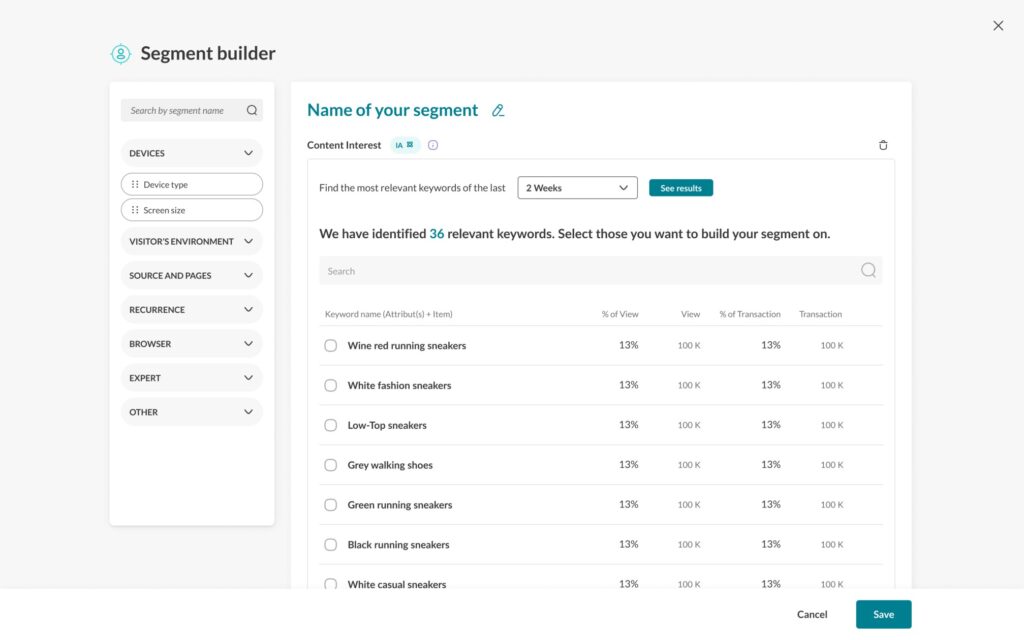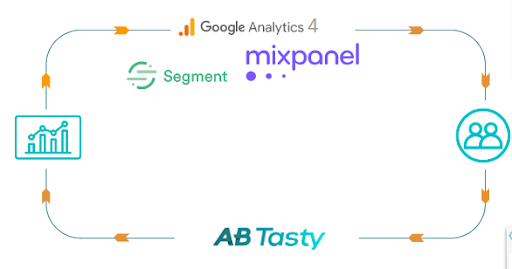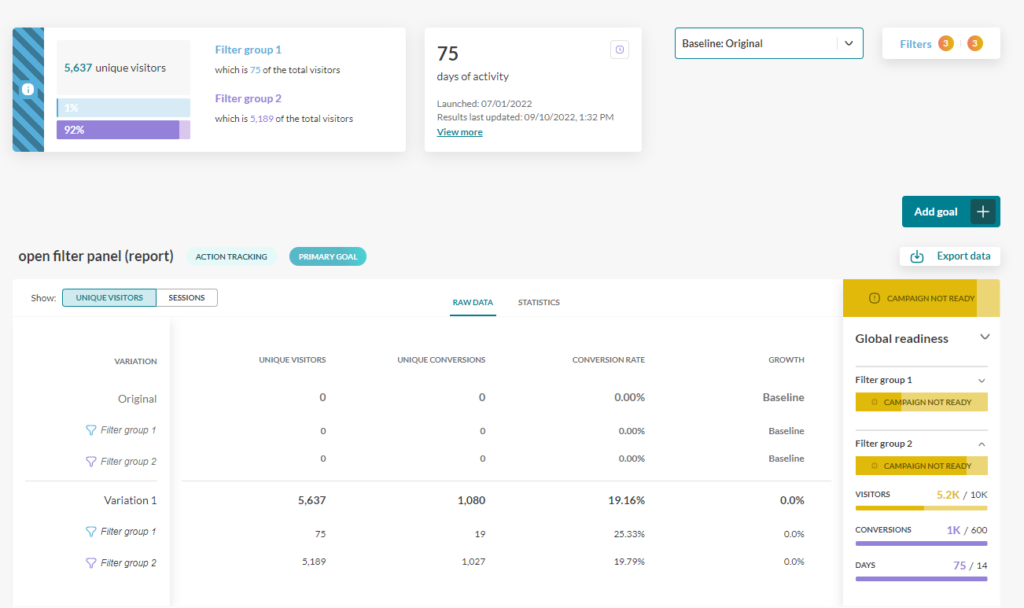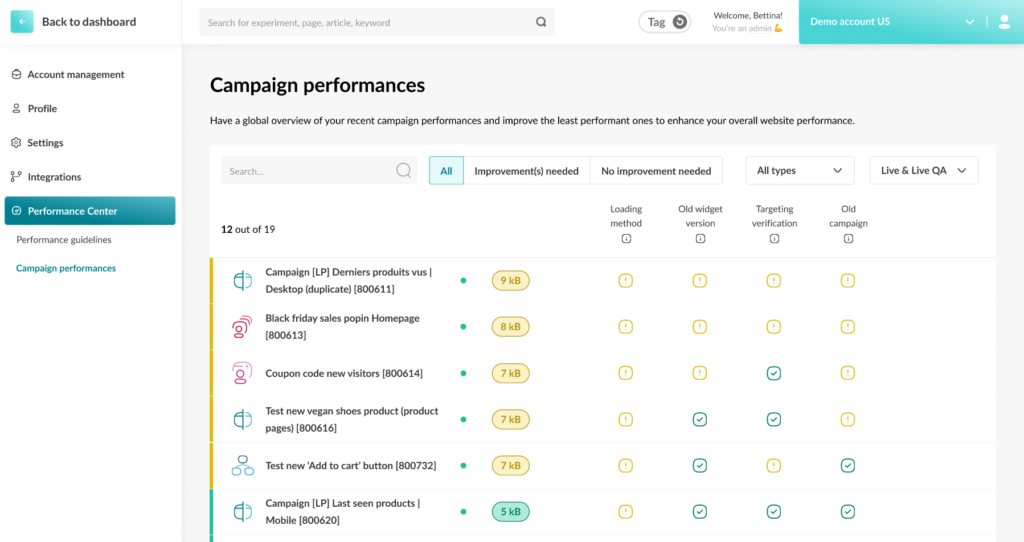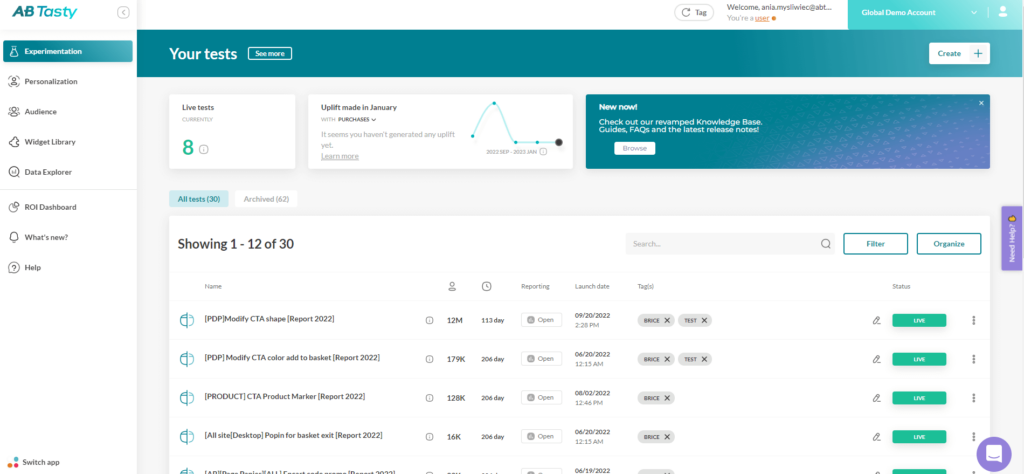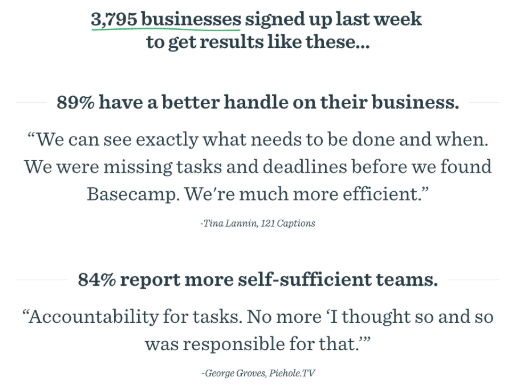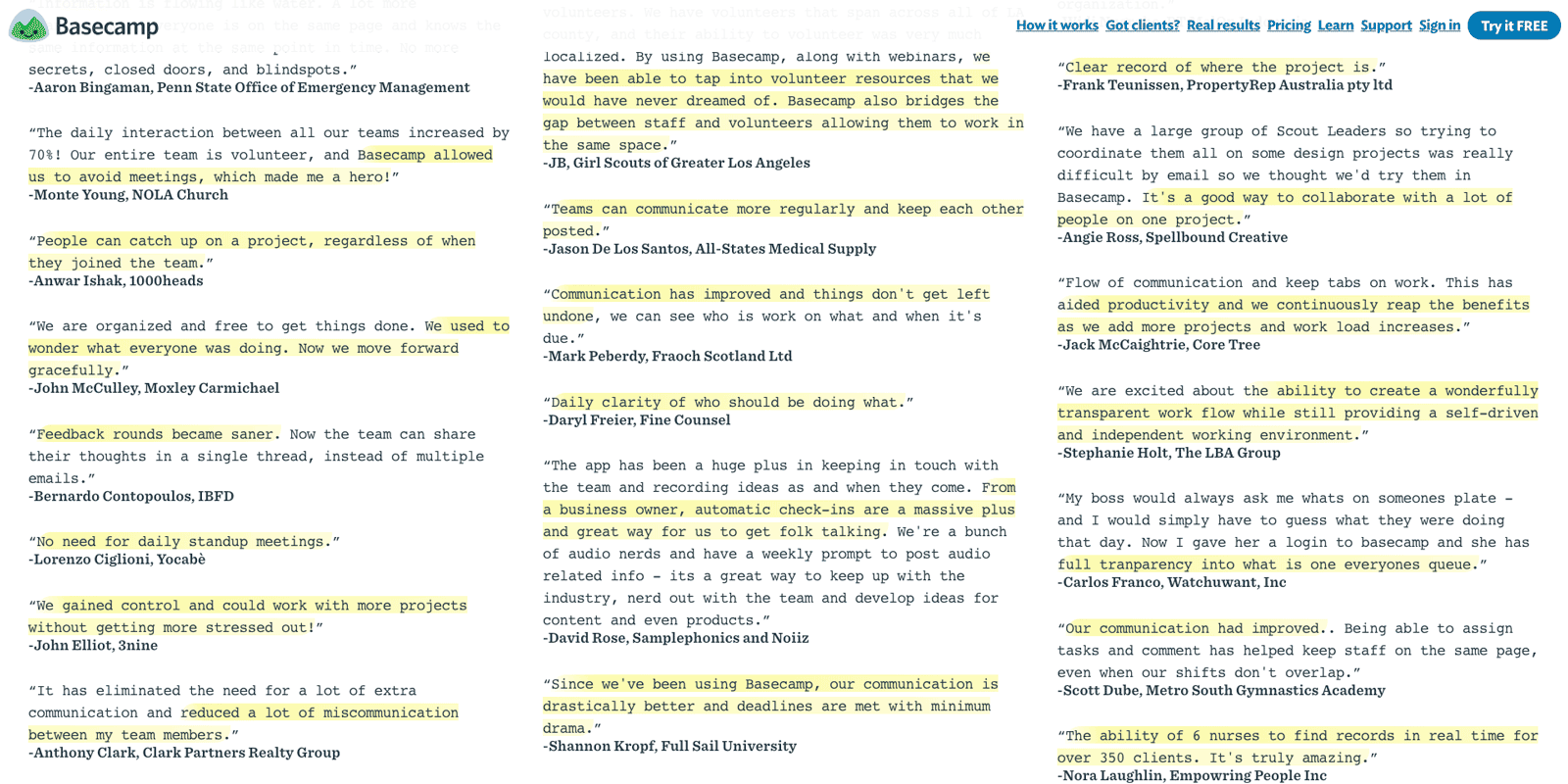We usually only see a product or service when it’s ready for consumption.
But to get it to the shelf—both physically and virtually speaking—an all-encompassing process must take place. Even once a product or service is fit for consumption, there are a number of key considerations to make to ensure its success and market stability.
Effective product lifecycle management (PLM) is integral in almost every sector imaginable. It’s the product lifecycle manager’s job to spearhead the entire process, from development to decline.
The purpose of this article is to discuss the importance of PLM as well as to look at the core duties of a product lifecycle manager and what skills make a great product lifecycle manager in the modern software development world.
What is product lifecycle management?
We will first start by defining what product lifecycle management is to have a better understanding of the role behind it.
Product lifecycle management or PLM refers to all the processes, methods and technologies that are used to manage a product as it moves through the typical stages of its lifecycle from development through its introduction and growth to its decline and retirement.
The image below helps to envision the different processes that occur at each stage of the product’s lifecycle.
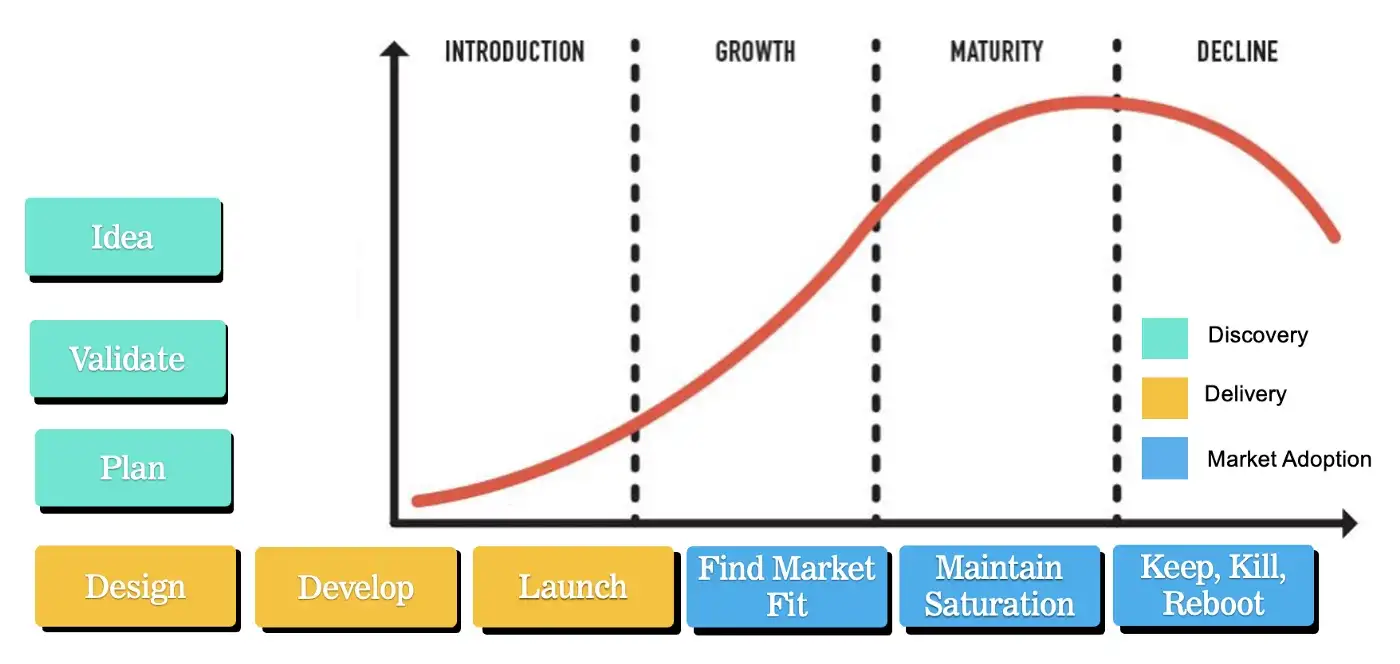
The product lifecycle refers to the progression of a product through its typical 4 stages (introduction, growth, maturity and decline) as well as more complex processes that occur within these stages such as inception, design, engineering, manufacturing, sales and marketing and distribution.
PLM is what helps to manage that lifecycle by aligning people, data, processes and technology to seamlessly bring the product to market.
Having a thorough understanding of the different stages of the product lifecycle is vital when it comes to developing new products as it helps answer questions such as whether it’s worth building the product and whether it would survive in the market before investing valuable resources. Afterwards, the next stage of product planning and preparing forecasts can begin.
Therefore, PLM essentially provides a framework that organizations use to manage their products through the different stages of its lifecycle.
It encompasses all aspects of a product including planning, managing, designing, and marketing through the use of dedicated software products and solutions that provide a single source of truth and visibility for all relevant stakeholders to monitor and track any changes to a product.
Why is product lifecycle management (PLM) important?
We can look at product lifecycle management as the glue that holds the entire process together, from ideation and development to production, promotion, and beyond. Without an effective PLM process, it’s unlikely that any production or service would ever see the light of day.
Above all, PLM is used as a means to develop a strategy to make better and more informed decisions to optimize every stage of the product lifecycle by aligning processes, data and technology to help businesses maximize profits.
Because many departments are involved in product development, using a dedicated PLM software offers an all-around view of a product across various cross-functional teams to help them keep track of all products and their processes by allowing information to flow seamlessly between different teams.
The purpose of such software is to shorten product development time while enhancing communication among teams through high-level visibility. An efficient PLM system will compile all your product data into a single database- a single source of truth- and manage this information flow which all relevant teams can access throughout the entire lifecycle.
In that sense, an efficient PLM system has a number of benefits including:
- Higher quality products
- Enhanced information transparency
- Optimization of processes and workflows
- Improved product reliability
- Improved decision-making and forecasting
- Increased productivity
- Increased innovation
- Reduced time to market
- Reduced costs
- Reduced waste
- Identification of new development and market opportunities
Thus, PLM serves as a backbone of any project to help teams cope with the increasing complexity and challenges of developing new products and quickly meet consumer demands through streamlined processes.
What does the role of a product lifecycle manager entail?
As we’ve seen, when it comes to realizing a product, service, or innovation, there are several processes and entities involved. It’s the responsibility of the product lifecycle manager to bring all of these elements together and ensure that every stage of the journey is optimized for success.
The role of the product lifecycle manager is as varied as it is vital, and there are a wealth of responsibilities involved which largely depends on the lifecycle stage their product is in. This means that the skills needed and decisions made will differ from one stage to the next and so the product lifecycle manager will need to smoothly transition as the product evolves and shifts to the next stage.
Thus, the product lifecycle manager is the one who is primarily responsible for managing a product as it goes through the different stages of its lifecycle. This means that they also oversee the work of the entire project team to ensure they successfully and effectively complete each phase of the lifecycle.
What is expected from a modern product lifecycle manager?
The functions of a product lifecycle manager differ from day to day according to business and product needs. However, the core functions of a project lifecycle manager include the following:
- Introduction: Adopting the role of market or subject expert to get the product or innovation fit for the market. At this stage of the journey, extensive market research is required to identify gaps in the market and consumer needs as well as competitor analysis. The product lifecycle manager also needs to ensure that every department is working together cohesively for development, production, and launch.
- Growth: Once the product is fit for public consumption, the product lifecycle manager will then establish a plan to promote healthy market expansion and scalability, supporting the necessary departments or entities in optimizing sustainable growth.
- Maturity: At the point where the product in question is scaling and gaining momentum, the product lifecycle manager must work with internal and external stakeholders to sustain a market share and evolve the product’s commercial journey, thus securing a sustainable return on investment (ROI).
- Decline: When a product or innovation reaches its decline, a great product lifecycle manager will assume the role of a solution seeker. At this stage, it’s the lifecycle manager’s job to formulate the best strategic outcome for the product—whether it’s a case of resurrection and redevelopment or phasing out.
Product lifecycle manager: Key attributes for success
Being a product lifecycle manager is challenging to say the least, but if you have the skills and talent to be great, it is a career path that will offer endless rewards.
Do you want to know what it takes to be a great product lifecycle manager? Here are the key attributes required for PLM success:
Qualifications and credentials
While there is no clear cut path to becoming a great product lifecycle manager, you will need relevant experience and qualifications related to product management and development to perform every facet of the job effectively.
It’s also imperative that you are digitally savvy. As such, to be a great product lifecycle manager you should be certified or well-versed in the technology, tools, and platforms that are standard within the sector.
If you work in a specific product niche, conduct extensive research and gain every relevant credential possible. Not only will this make you more credible, but it will also provide you with a level of working knowledge that will give you an all-important edge on the competition—the kind of edge that will empower you to streamline and optimize every initiative you undertake.
Continual adaptability
In the age of information, technology evolves at a rapid rate. That said, every great product lifecycle manager should be completely adaptable to change—evolving with ever-changing methods, innovations, and concepts on a continual basis.
As a product lifecycle manager, it’s vital that you invest ample time in developing your skills and keeping your finger on the pulse. A lifecycle manager must be robust and innovative, and to be an ongoing success must adopt a mindset of lifelong learning.
If you read regular industry publications, attend expos and webinars, and enroll in courses that will help you refine your existing skills (or learn new competencies), you will propel yourself from good to great.
Analytical skills
We live in an age rife with digital data.
That said, to be an exceptional product lifecycle manager, it’s important to possess a sharp eye and analytical skills to match.
At every stage of the production journey, data will empower you to spot emerging trends, identify weaknesses, and make informed decisions that will accelerate the success of the process. Moreover, by harnessing data analytics to its fullest potential, you will be able to work with key performance indicators (KPIs) to set success benchmarks and foster smooth collaboration between departments.
As a guide, here are the three key metrics you should know in great detail (these are particularly pivotal during the early launch and development stages):
- Traffic to product pages: An indicator of engagement and product interest
- Conversion rate: The percentage of users or consumers that take the desired action
- Adoption rate: The rate at which a product is acquired and used in certain marketplaces
By developing a deep understanding of essential PLM metrics and learning how to extract every last drop of value from the data while working with dynamic business intelligence (BI) tools, you will gain a level of insight that will make you an incredible product lifecycle manager.
A way with words
When it comes to product lifecycle management, this is an attribute that people often overlook. But to become great, having a confident, articulate way with words is essential.
Almost every day in the working life of a product lifecycle manager is crammed with conversations, both in person and via project management platforms, remote conferences, and email exchanges.
As a product manager, it’s your duty to share and deliver a wealth of product-related information to a variety of stakeholders, both internally and externally. That said, you need rock-solid interpersonal skills, excellent public speaking abilities, and writing attributes that will allow you to adjust your tone or language depending on your point of contact.
Every great product lifecycle manager has an extensive way with words—in every situation and across all platforms. Work on these skills and you will accelerate your success in the fast-paced world of PLM.
Sales skills
As a product lifecycle manager, you will need to be able to sell a vision to potential partners throughout every project.
Naturally, having a way with words will help you sell your vision to potential engineers, manufacturers, marketers, stockists—the list goes on. But in the digital age, having digital selling skills is also imperative. These competencies include the following:
- Targeted content creation to engage specific users and generate leads
- Building trust through social media engagement
- The ability to optimize conversions through innovative promotional campaigns
- Superior digital research skills to understand your target sector on a deeper, more meaningful level
To generate and nurture leads across a host of touchpoints—from social media and email to mobile applications and beyond—you will need to have an astute ability to be persuasive and build relationships both in person and in a virtual sense. Acquiring this attribute will boost your career prospects, exponentially.
Accountability and the ability to lead
As a product lifecycle manager, the ability to take accountability and lead a project with respectful authority is perhaps the most important soft skill you can possess.
Not only will you have to take the helm concerning strategic decisions at every stage of the journey, but you will also need to guide each entity within any given project towards one common goal.
If a roadblock presents itself or an issue occurs, you must be accountable and take ownership. And, if you believe that individuals require additional support or guidance, it will be up to you to listen and offer mentorship—well, you will if you’re a great product lifecycle manager.
Moreover, at the growth and maturity phases of the lifecycle, you will need to display powerful leadership skills to spearhead new commercial relationships and reach bold new marketplaces.
Product lifecycle management: Unlock better & higher value products
Bringing an idea to life is no easy feat, and that’s an understatement. But with the passion, drive, and commitment to acquiring the right attributes, it is more than possible.
Expectations and demands for better products continue to grow and as organizations work fast to keep up, their product portfolio also grows and becomes more complex.
The product manager’s work is never truly done but having the right PLM system in place will help them meet these demands by ensuring that the entire organization is focused on producing high quality products that ensure customer satisfaction.
The whole process of PLM should primarily revolve around providing better value for your customers to truly have a successful product in your hands.
To deliver better value, it’s also important to collect feedback at each stage of the product management lifecycle as it helps teams to continuously validate and optimize their products and to reveal hidden possibilities and ideas for a product.











